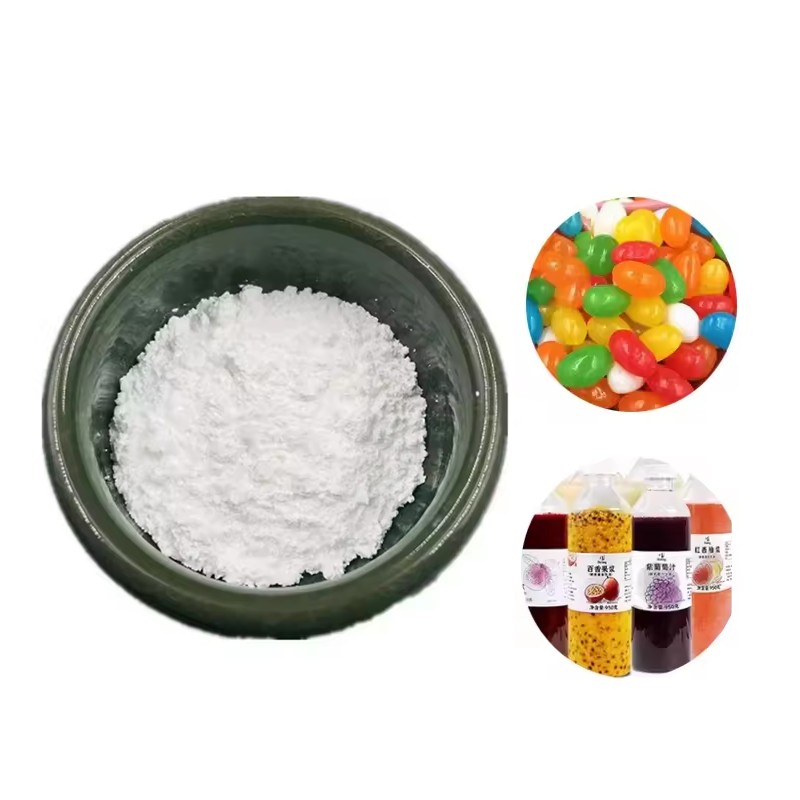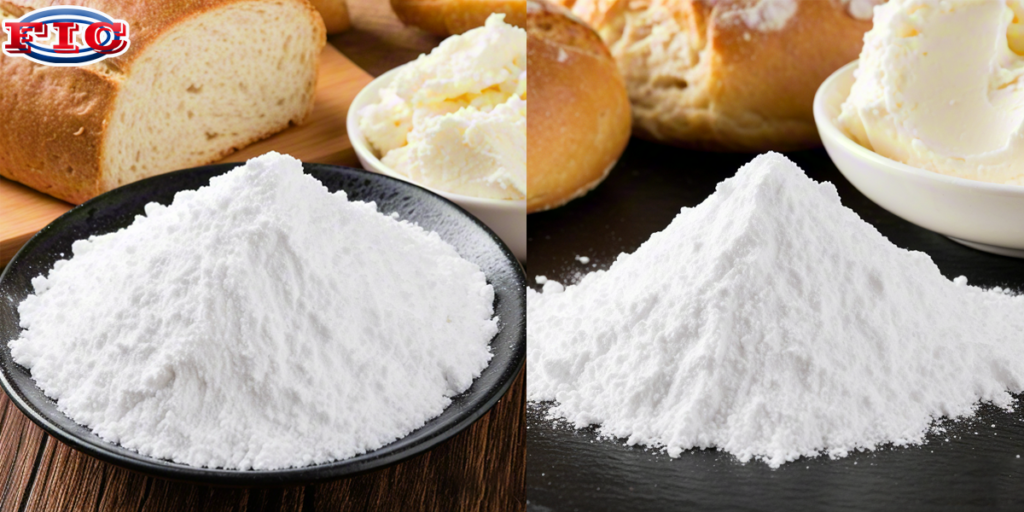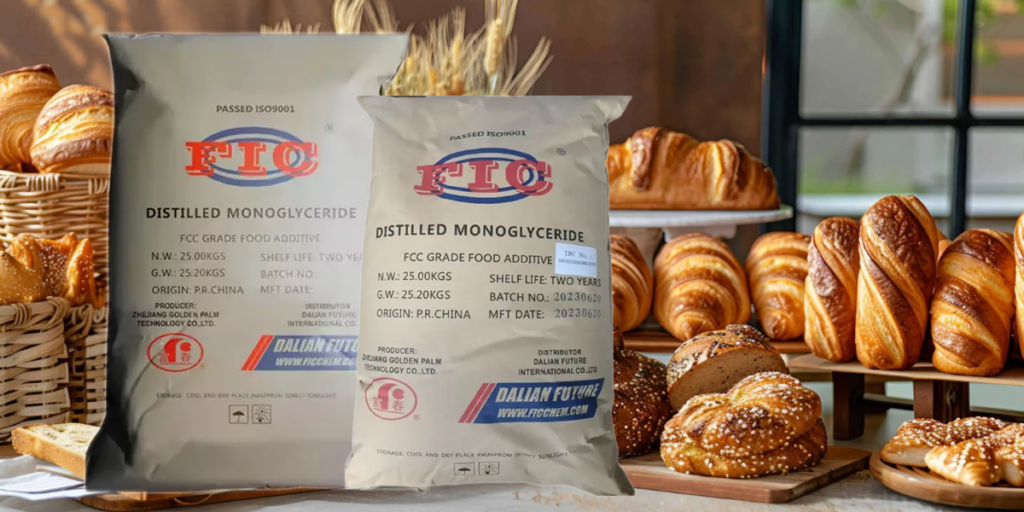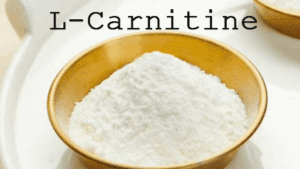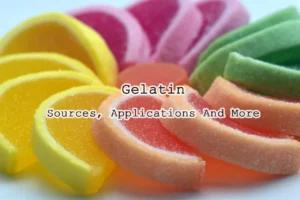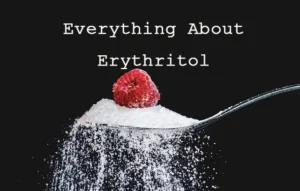Have you ever seen the term “Glycerol monostearate” listed on the ingredients list of a food package? If you’re like most consumers, you’ve probably wondered, “What is this?” ”Is it bad for me?” In this blog post, we’ll take a deep dive into the world of Glycerol monostearate and explore what it is, what it’s made of, and most importantly, the various uses it has in food.
What is Glycerol monostearate?
Glycerol monostearate, commonly abbreviated as GMS, is an ester derived from glycerol and stearic acid. It is a white, waxy solid that is commonly used as an emulsifier, surfactant, and thickener. It is used in a wide range of product areas including food, pharmaceuticals, and cosmetics. In the food industry, GMS plays a vital role in improving the texture, stability, and shelf life of many food products.
What is Glycerol monostearate made of?
GMS is typically produced through an esterification process, where glycerol is reacted with stearic acid. The most commonly used sources of stearic acid in the production of GMS are palm oil, coconut oil, and tallow. This means that, depending on the source of the raw material, Glycerol monostearate can be either plant-based or animal-based. For consumers who follow a vegetarian or vegan diet, it is important to check the source of the raw material to ensure that the GMS used in the food product meets their dietary preferences.
Uses of Glycerol monostearate in food
One of its main uses as a common food additive is as an emulsifier. It is a substance that helps to mix two immiscible substances (such as oil and water) that would otherwise separate. In baked goods such as cakes, cookies and bread, it prevents the fat from separating from the other ingredients, resulting in a more uniform texture and a longer shelf life. It also helps to keep baked goods moist, making them fresh and delicious for longer.
In dairy products, it can be used to prevent the formation of ice crystals in ice cream, giving it a smooth and creamy texture (very important!). It also stabilizes whipped cream, preventing it from defoaming quickly. Additionally, in margarine and spreads, GMS acts as an emulsifier, mixing the oil and water ingredients to ensure that the product is uniform and easy to spread.
It is also used as a thickener in many foods. In salad dressings, sauces and condiments, it increases the thickness and viscosity of the product, making it easier to pour and coating food evenly. It helps prevent separation of ingredients in these products, keeping the mixture uniform throughout.
Another important use of GMS in food is as a crystal modifier. In confectionery products such as chocolate and candy, it controls the crystallization process of fat. By regulating the formation of fat crystals, the texture, gloss and crispness of chocolate can be improved, thus enhancing the overall eating experience.
So, is Glycerol monostearate safe?
Regulatory agencies such as the U.S. Food and Drug Administration (FDA) and the European Food Safety Authority (EFSA) have recognized Glycerol monostearate as safe for consumption. It is generally recognized as safe (GRAS) when used in accordance with good manufacturing practices. However, as with any food additive, some people may have specific sensitivities or allergic reactions. If you experience any adverse reactions after consuming products containing GMS, it is recommended to consult a healthcare professional.
All in all, Glycerol monostearate is a versatile ingredient that is widely used in the food industry. From improving the texture of your favorite baked goods to enhancing the creaminess of ice cream, its uses are very wide. Understanding what it is, its ingredients, and its role in food can help you make more informed choices as a consumer. So the next time you see Glycerol monostearate on a food label, you will know exactly what it is and why it is there.
As a food additive company with more than ten years of experience, we can provide very high-quality products and professional services. We also comply with ISO 9001’s quality management system. If you are interested in any food additives, please contact us now.

